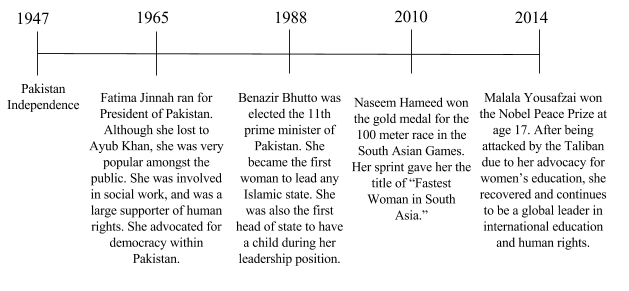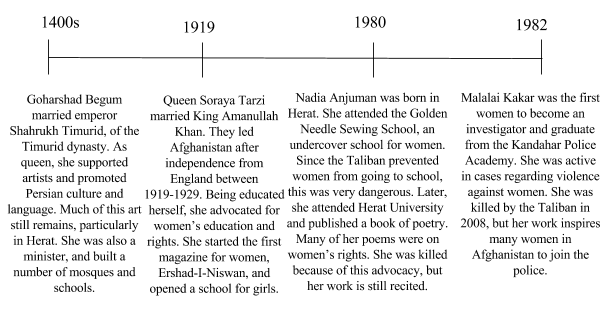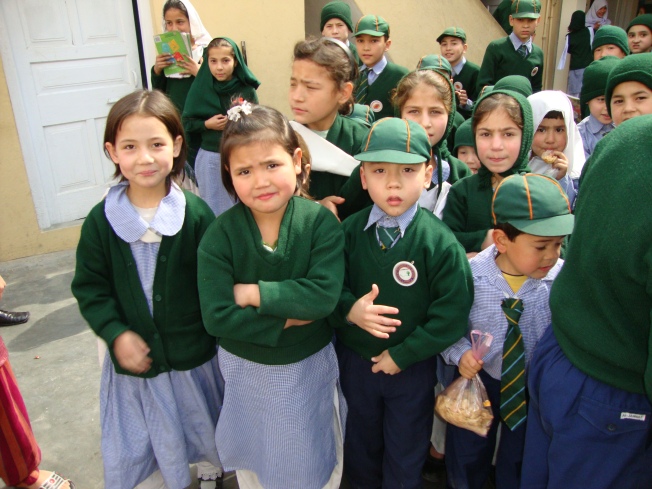Over 3,000 students benefit from Barakat’s schools in Afghanistan and Pakistan. Barakat students are unique and come from a variety of different ethnic backgrounds.
Barakat’s schools in Afghanistan are located in the Faryab and Jowzjan provinces, which border Turkmenistan. This land is home to primarily the Turkmen and Uzbek people. Together, these groups form only 12% of the population of Afghanistan.
Many of the students in Barakat’s schools in Attock, Pakistan are Afghan refugees of Turkmen, Uzbek, Hazara, Pashtun, and Tajik descent. The majority of these students however are of Turkmen descent, and many are 2nd and 3rd generation descendants of refugees who entered Pakistan during the 1980’s Soviet invasion of Afghanistan.
Every ethnic group in both Afghanistan and Pakistan is distinct with their own languages and traditions.
Turkmen people are typically Sunni Muslim, and speak the Turkmen language. They are descendants of Turkic tribes. Turkmen people are not well represented in Afghan politics, making it difficult for them to advocate for their rights within the country. They are mostly farmers, herders, merchants, and rug weavers. Carpet weaving has traditionally been the primary source of income for the Turkmen people, and they are renowned for their skill and art. A small number of Turkmen people live as nomadic herders.
The majority of Uzbek people are Sunni Muslim, and speak the Uzbek language. Historically, they descended from people in Central Asia. Today, many Uzbek people are primarily farmers and merchants in Northern Afghanistan. Craftsmanship, including carpet weaving, is also a part of their culture. Recently, they have gained a stronger role in politics.
The Hazara people make up 9% of the population of Afghanistan. They speak a dialect of Dari, which is the one of the national languages of Afghanistan. The Hazara people mainly live in central Afghanistan, and they are the largest Shia Muslim tribal group in the country. Historically, Hazara people have been economically and socially discriminated against because of their religious beliefs. However, recently, the Hazara people have gained more political and economic power within Afghanistan.
Pashtun people make up the largest ethnic group in Afghanistan. They speak Pashto, which is also a national language. Pashto, however, is usually only spoken by the Pashtun population. They are almost all Sunni Muslim, and have been traditionally the strongest tribal group represented in the Afghan government. The Pashtun people are work in fields such as agriculture, trade, government positions, military, and education.
The Tajik people are the second most populous group in Afghanistan, with approximately 8 million people. They are majority Sunni Muslim, although some are Shia. They speak Dari, and mostly live in the northern part of the country and the Panjshir Valley. They are also found in diverse fields, including government, trade, education, agriculture, and the military. As the second largest tribe, they hold political influence in Afghanistan.
Each ethnic group in Afghanistan and Pakistan has its own culture, language, religion, and practices. Barakat is committed to teach a diverse population. Students from every ethnic, tribal, and religious group are welcome in our schools. We want all of our students to learn in an inclusive environment so they can benefit their entire community. The diversity of each student is what makes Barakat so unique.




